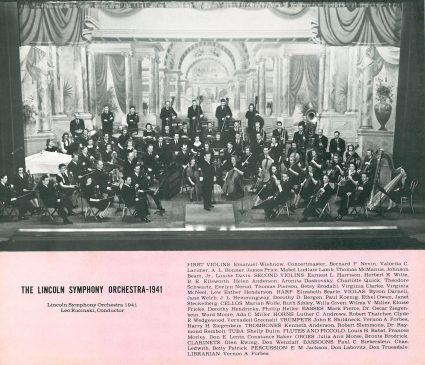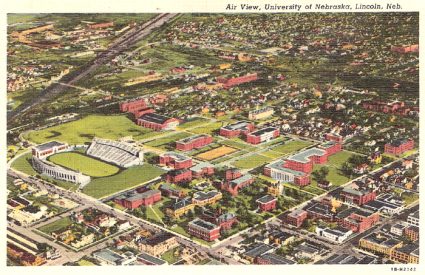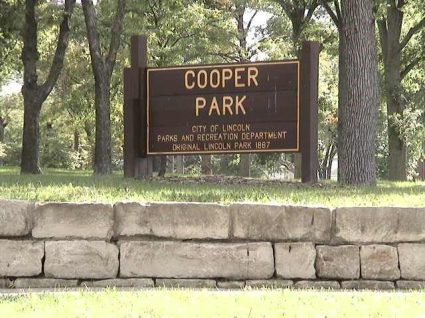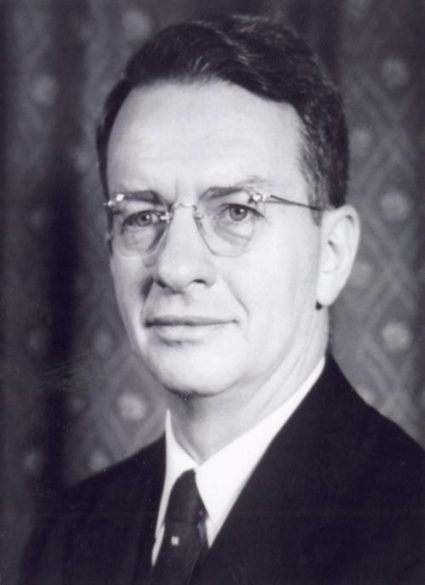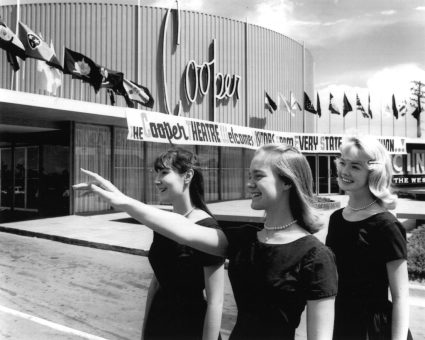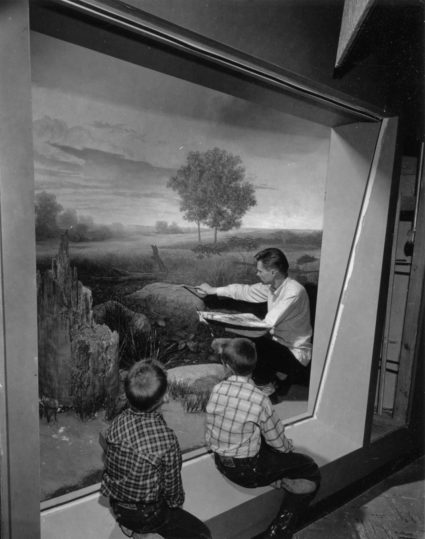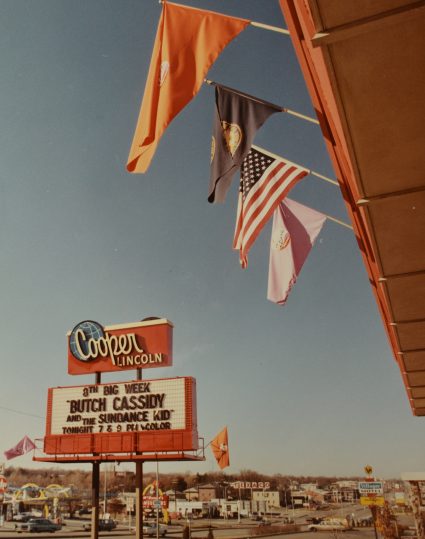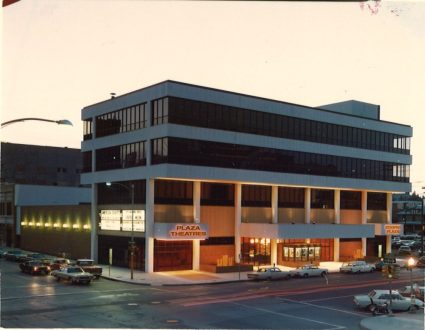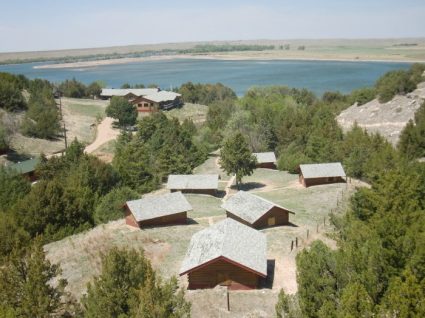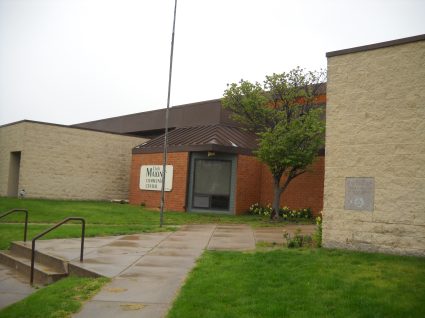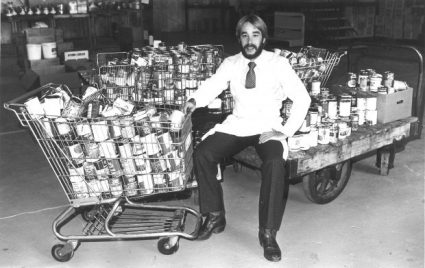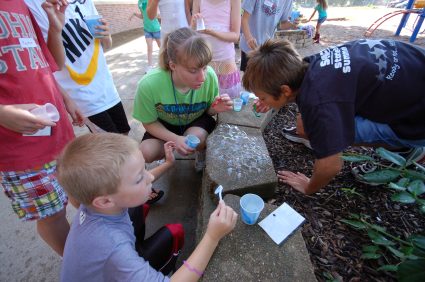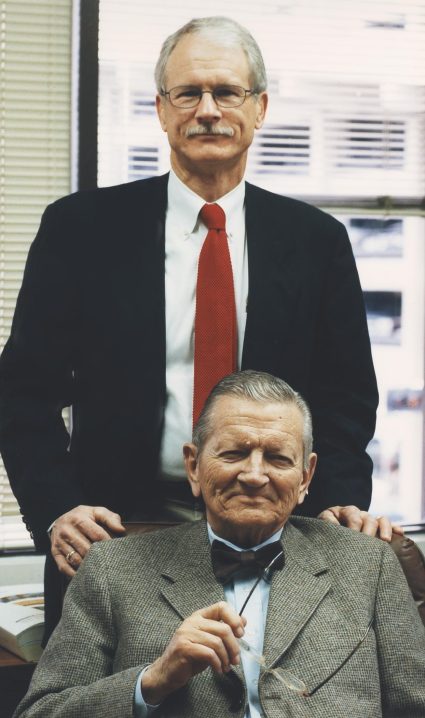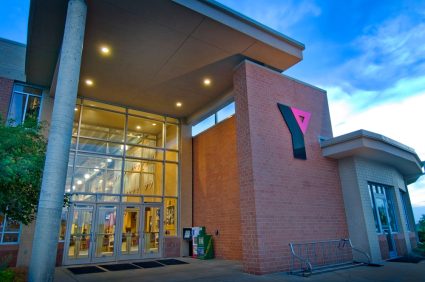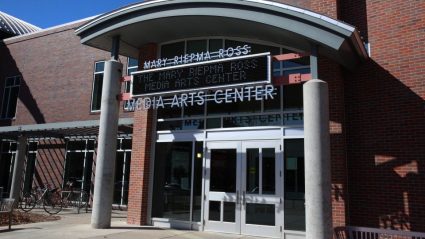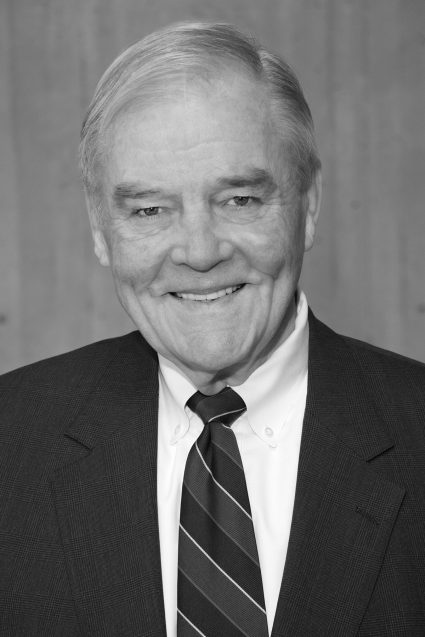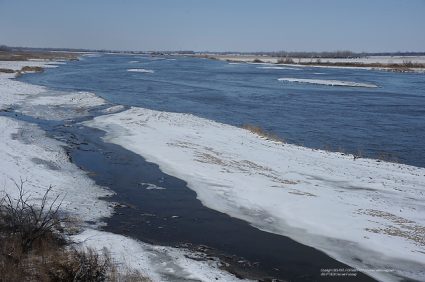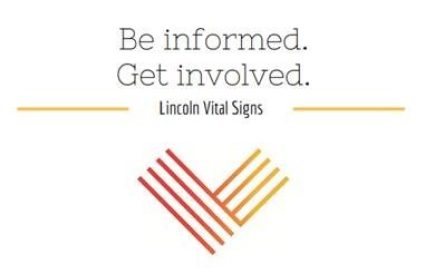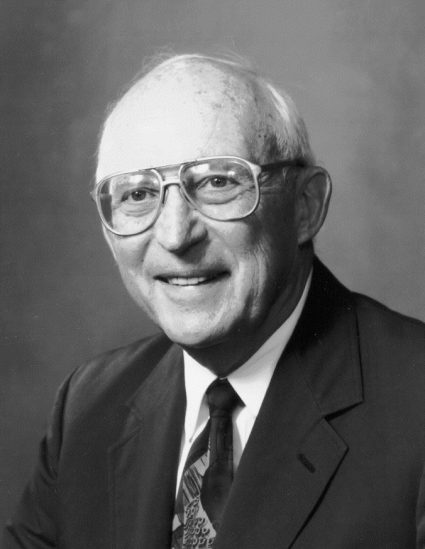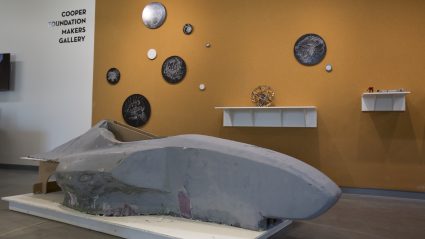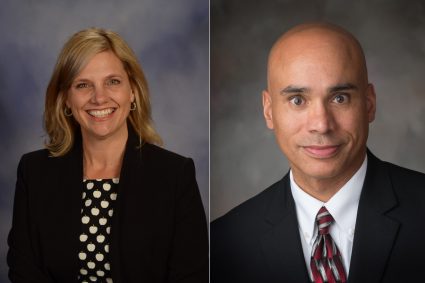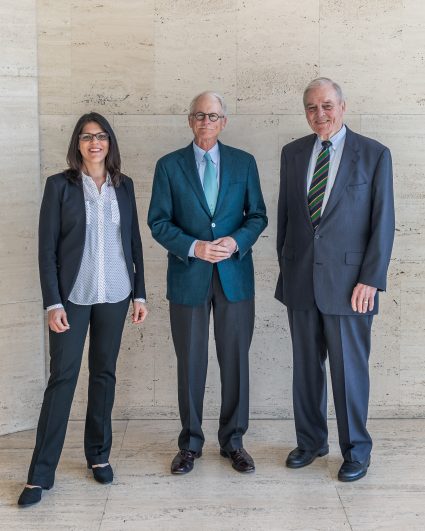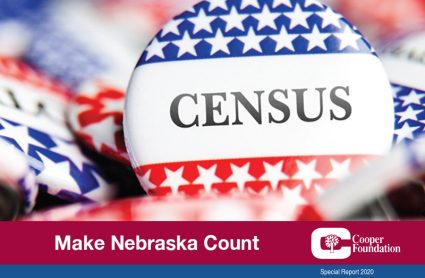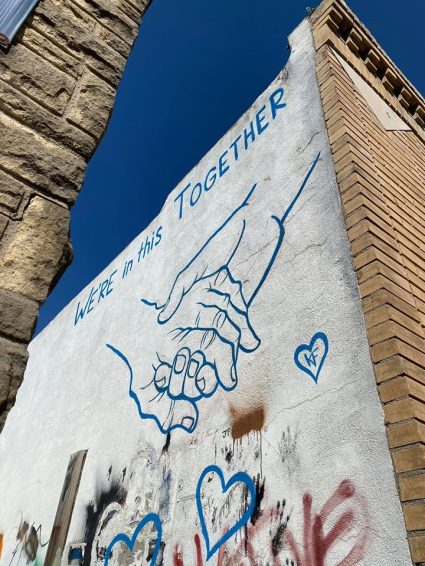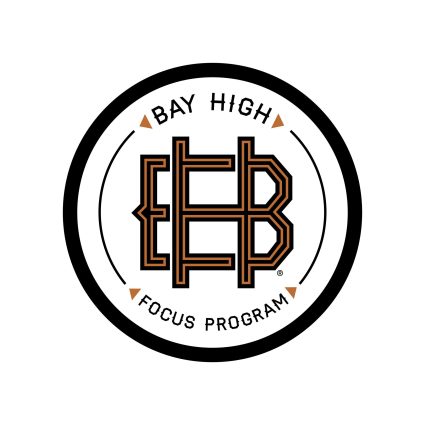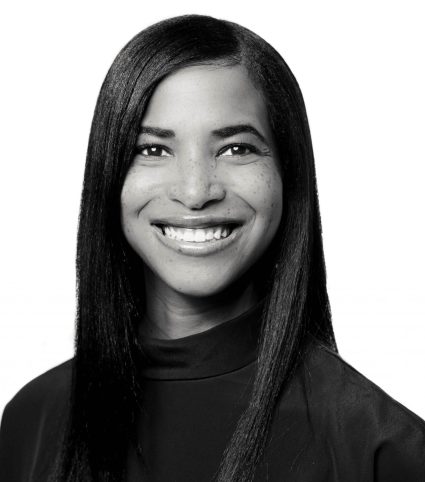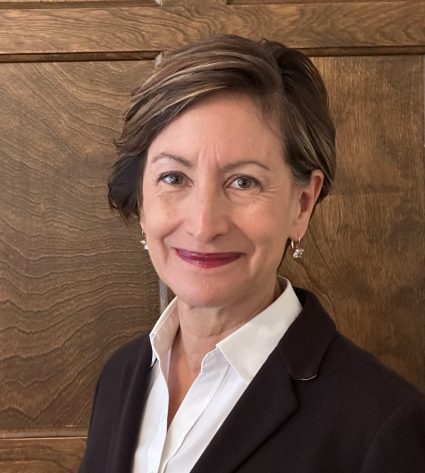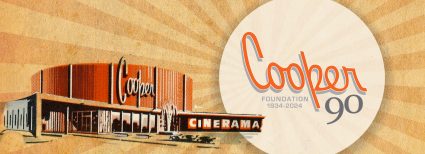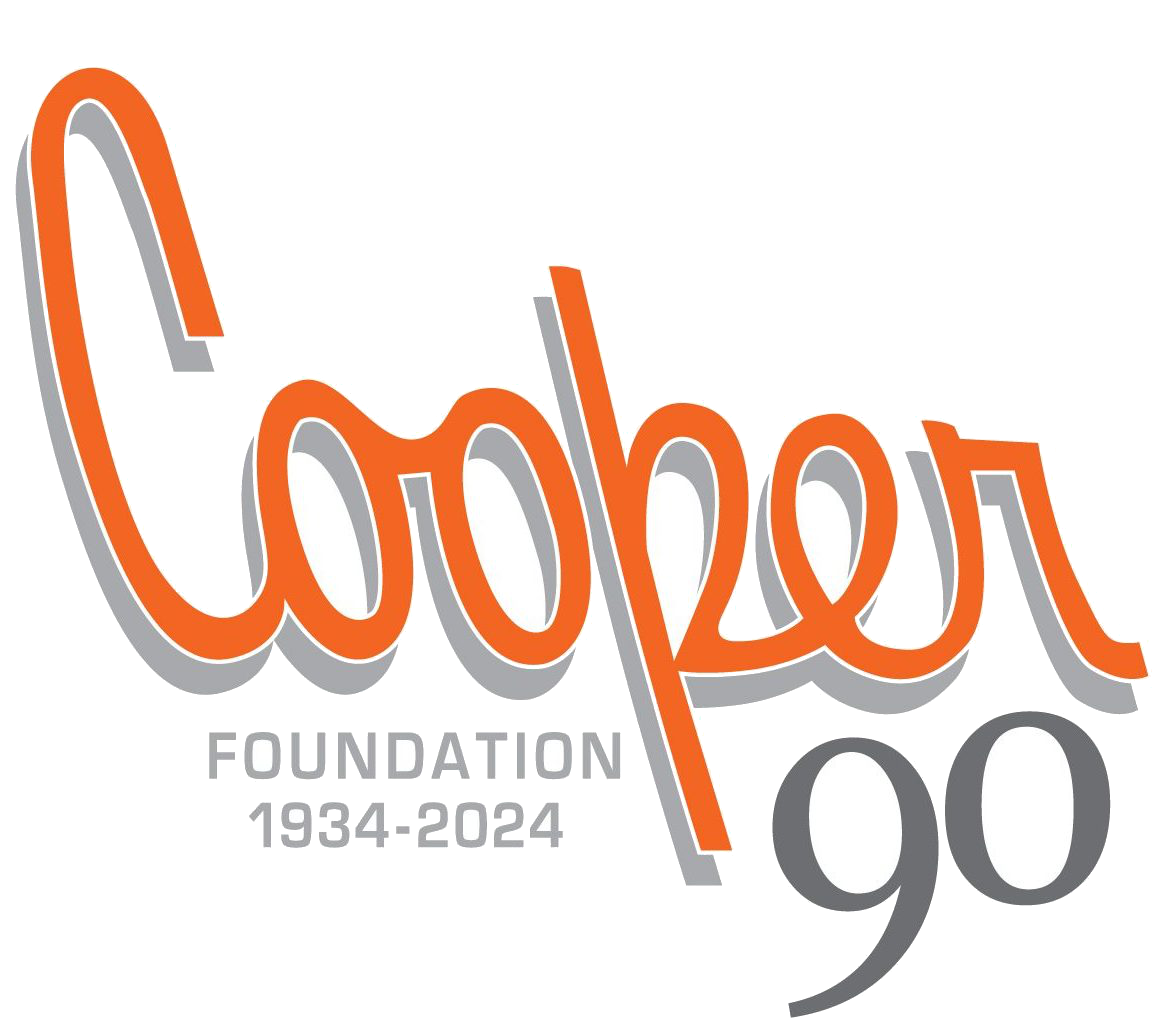

After emigrating from Russia, a young Joseph Cooper worked in a variety of capacities in New York City’s movie theatres. He went on to develop a chain of theatres in Nebraska, Oklahoma and Colorado. After purchasing theatres in Lincoln, Nebraska, he made this city the center of his theatre activities outside of New York, while continuing to live there.
On December 14, 1934, Joe Cooper created The Cooper Foundation and co-located the office with Cooper Theatres, Inc. At that time there were only three hundred or so foundations in the country. By June of 1937, the Foundation’s bank balance stood at $37,732, and later that year we made our first grants totaling $5,000.
From the day he created the Foundation in 1934 until his death in 1946, Joe Cooper donated proceeds from his movie theatre interests to fund the gifts of the Foundation. Upon his death, he left the theatre business to the Foundation. Under our management the chain prospered and grew to include pioneering round Cinerama Theatres in Minneapolis, Denver, and Omaha. We sold the theatre business in the mid 1970s, resulting in a substantial increase in the Foundation’s endowment. Since the Foundation was formed it has given over $26 million to support programs and projects in Nebraska.
Mr. Cooper’s interest in young people has been honored by the Foundation’s continued priority on grantmaking in the areas of education, human services, the arts, the humanities, and the environment throughout Nebraska, primarily Lincoln and Lancaster County.




